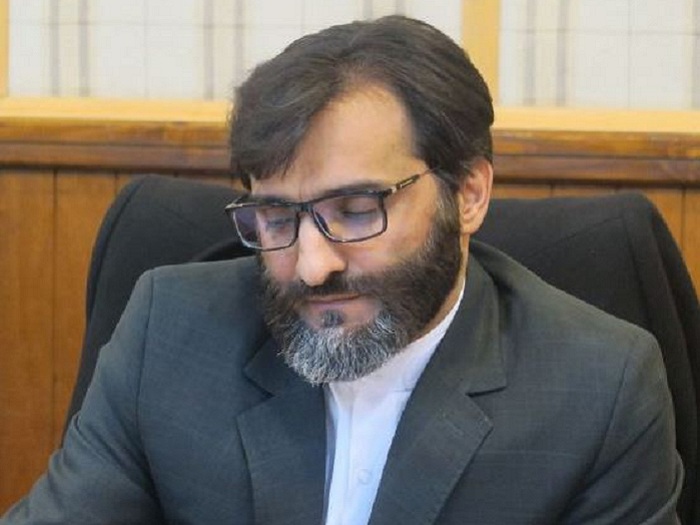Why not inject $ 2,000 billion into the country's "production system"?

Over the past 58 years, $ 2,000 billion in foreign exchange reserves (oil and non-oil exports) have been obtained, of which 85%, or $ 1,700 billion, over the past 30 years and $ 1,200 billion in the last 11 years alone, at the height of sanctions.
According to the International Iranian Stone Exhibition, we have acquired $ 2,000 billion in foreign exchange resources (oil and non-oil exports) over the past 58 years, of which 85%, or $ 1,700 billion, over the past 30 years and $ 1,200 billion, over the past 11 years alone. The country has reached the peak of sanctions.
$ 1.7 trillion of these resources have been spent on imports of goods and services, of which only 38%, or $ 650 billion, has been spent on imports of "intermediate and capital goods", which are used directly in the production process. Eventually they become goods and services.
In the last 11 years that we have been able to import these vast $ 650 billion worth of resources, the Chinese have been able to create almost half of that amount, or $ 310 billion over 18 years (1978 to 1996), equivalent to 226 million new jobs. Establish an economy that today can export $ 2,500 billion worth of goods to other parts of the world, while we, with four times that amount, $ 1.2 billion, could only have 6.5 million jobs and only $ 40 billion in annual exports. Let's be.
Regardless of the comparison between Iran and China, and regardless of the fact that we spent $ 1,100 billion of that $ 1,700 billion on imports like painless affluent people at the height of sanctions on consumer goods, and we do not regret it, the main and key question can be asked. ; Where is the $ 650 billion in "intermediate goods and capital" that has entered the country now? And what is its situation and why does it not move the production cycle of the country? !! Remember, China was able to boost its $ 2,500 billion export economy with half that amount?
Most of this money is confined to industrial estates due to unsuitable business environment. Of the 43,650 industrial units registered in industrial estates and areas, there are currently more than 33,800 active industrial units and about 9,800 units. They also have no activity.
Among the active industrial units, 30% of the settlements are active with more than 70% of their capacity, 30% are active with about 50 to 70% of their capacity, and 40% of the settlements are less than 50% of their capacity.
The other part of these resources has been taken hostage by construction projects. Currently, there are 87,000 semi-finished projects in the country, which in addition to the huge investments that have been made in them, need more than 800,000 billion tomans of other resources to be fully exploited.
At a time when these two components of development, industrial estates and semi-finished projects, needed funding to complete their cycle, we saw that between 1980 and 1996, $ 80 billion in foreign currency was allocated to foreign travel, a quarter of China's resources. With it, he was able to establish his huge economy.
The average economic growth in Iran over the past 45 years, despite spending these huge resources, has been only 2.4 percent, while China has experienced 9 percent economic growth by injecting far fewer resources than us, although this small amount of growth is also dependent on oil. And the God-given resources of the country have been obtained not by national effort and creativity.
All this has caused the share of each Iranian in the country's production to be only $ 5,000, while the average per capita production of 20 countries is close to $ 60,000, this number reflects the fact that the construction of our society is not based on production but It is designed based on consumption, which must be provided from the place of import.
I have said this to say that one of the most important claims of underdeveloped countries, which is "lack of financial resources for investment", is not true for our country.
The Supreme Leader says: "Let us know that the time of trial and error is over. In these thirty years, in many cases, our work has been trial and error. It is no longer appropriate for us to act in this way."
Therefore, we are on the eve of the elections and we are going to give the power of these huge resources to another president again. As one of the conditions for the development of documentation is the experience of the past. The economic records of the last three decades show in an astonishing and unfortunate way that the election of the President by the people is not done properly and accurately. The loss of these enormous resources confirms this bitter reality.
So let's make the right choice this time.
* Majid Sajjadipanah, University Professor - Tasnim










